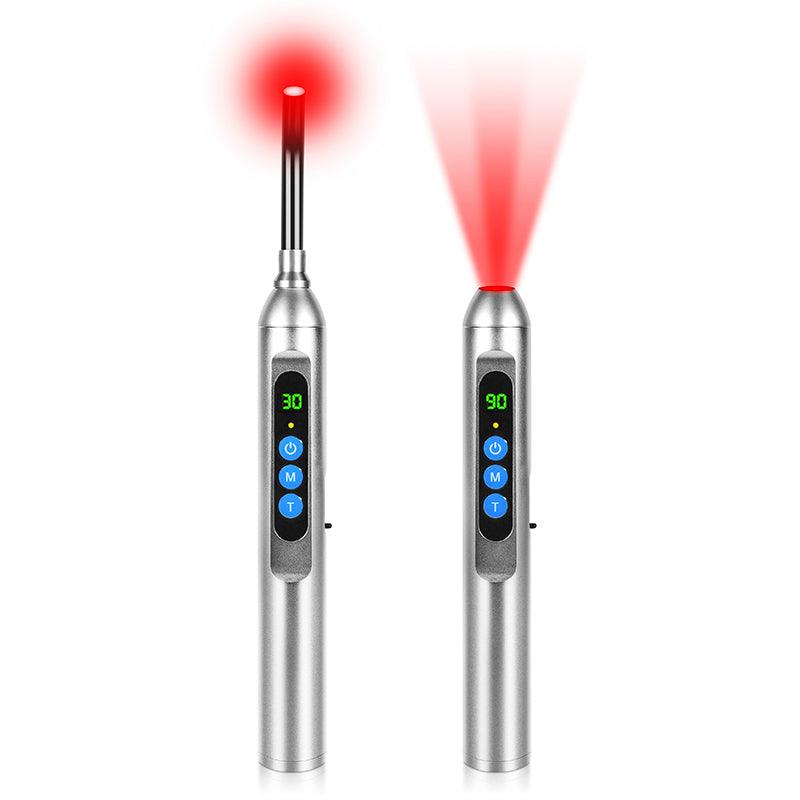The use of red light therapy (also known as low-level laser therapy or photobiomodulation) for the clinical treatment of Alzheimer's disease is still an area of ongoing research. Red light therapy involves exposure to low-level wavelengths of red or near-infrared light, which is believed to have potential biological effects on cells and tissues.

Here are some aspects of the current status of red light therapy in the clinical treatment of Alzheimer's disease:
Preclinical and Animal Studies:
There is a body of preclinical and animal studies suggesting that red light therapy may have positive effects on cognitive function and neuroprotection in models of Alzheimer's disease. These studies often focus on the potential for red light to mitigate neuroinflammation, reduce oxidative stress, and promote neuronal survival.
Human Clinical Trials:
Clinical trials exploring the use of red light therapy for Alzheimer's disease treatment are still limited, and larger-scale, well-controlled trials are needed to establish the safety and efficacy of this approach in humans.
Some small-scale clinical studies have been conducted to investigate the effects of red light therapy on cognitive function in individuals with mild cognitive impairment or Alzheimer's disease. However, more rigorous and extensive research is required.
Mechanisms of Action:
The exact mechanisms by which red light therapy might exert potential benefits in Alzheimer's disease are not fully understood. It is hypothesized that red light may influence mitochondrial function, reduce inflammation, and enhance cellular repair processes.
Challenges and Considerations:
Challenges in the field include the need for standardized protocols, optimal dosages, and a better understanding of the specific parameters that lead to therapeutic effects.
Factors such as the stage of Alzheimer's disease, the duration of treatment, and individual variations may influence outcomes, making it important to consider these variables in study design.
Safety and Regulation:
Red light therapy is generally considered safe when used appropriately. However, safety and potential long-term effects require thorough investigation, especially in the context of Alzheimer's disease, where treatment duration may extend over a long period.
Ongoing Research:
Researchers continue to explore the potential of red light therapy for Alzheimer's disease, and ongoing studies aim to provide more conclusive evidence regarding its efficacy.
It is important to note that while the preliminary findings show some potential benefits of red light therapy, its exact effect in the treatment of Alzheimer's disease has not been fully validated. Clinical trials usually need to go through multiple stages and be conducted in large populations to determine the safety and effectiveness of a treatment.
For the latest research and clinical trial information on red light therapy in the treatment of Alzheimer's disease, it is recommended to regularly consult the authoritative medical literature and relevant professional websites. In the meantime, if you or someone you know has Alzheimer's disease, you should consult your doctor for the latest treatment advice.
















